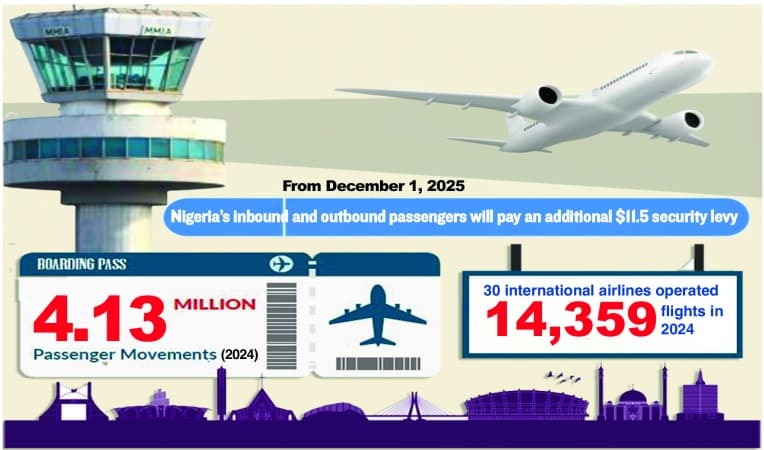
• New charge raises Nigeria’s security levy to $31.5 per ticket
• NCAA to earn additional $46 million yearly
• Nigerian travellers pay 264% more taxes than other African countries, says IATA
• Experts query multiple taxes, cumulative $150 per international ticket
• More travellers will jettison Nigerian airports, say analysts
Nigeria’s inbound and outbound passengers are in for an additional tax regime, with a $11.5 security levy effective December 1, 2025. This new tax, also known as the Advance Passenger Information System (APIS), increases Nigeria’s security levy to $31.50 per flight ticket and is estimated to generate a cumulative sum of $46 million for the Nigeria Civil Aviation Authority (NCAA) yearly.
On the other hand, the development will further increase the cost of international travel borne by Nigerian travellers. The apex regulatory body, NCAA, in a notice to airlines, stated that the levy aimed to create a “single window” approach for all agencies at the airport, and the collection is expected to last for 20 years.
According to the agency, the system would help to track passenger movements, improve border control, and provide airlines with a cost-recovery mechanism for the system’s maintenance.
The regulatory agency also stated that the $11.5 levy would streamline passenger clearance at Nigerian airports by collecting and processing passenger data before arrival. This initiative is in partnership with the Nigeria Immigration Service (NIS).
According to the NCAA’s memo to the airlines: “The APIS charge will be collected as a point of sale and will be levied on all tickets issued from December 1, 2025, for each passenger departing from or arriving in Nigeria. The lifting airline is responsible for remitting the APIS charge to the NCAA.
“Therefore, all airlines (including Nigerian carriers) operating international flights into and out of Nigeria are required to take immediate steps to update ticketing and reservation systems to reflect the new APIS charge, as invoicing for the charge will commence from 1st December 2025 for tickets issued to passengers from 01DEC2025 for travel to and from Nigeria.”
Capt. Chris Najomo-led NCAA insists that the levy aligns with international best practices and the International Civil Aviation Organisation (ICAO) standards.
However, the levy is different from the extant $20 security levy introduced in 2010 by the former Director-General of NCAA, Dr Harold Demuren, in the wake of the Umar Abdulmutallab suicide bomber crisis of December 25, 2009, which was expected to last for 20 years.
The $20 levy was also intended to enhance security infrastructure at Nigerian airports and implement advanced passenger information systems, though industry experts noted that there has been no appreciable improvement in infrastructure 15 years later.
Notably, the regulatory authority exempted infants, diplomats, airline crew on duty, transit/transfer passengers within 24 hours and involuntary re-routing due to technical problems or weather conditions, from the new levy. Information gathered indicated that the exempted class of passengers constitutes about 10 per cent of the total travelling public.
Checks by The Guardian indicated that an average inward or outbound passenger in Nigeria will now pay about $150 as either taxes, charges or levies.
For instance, each inbound and outward passenger currently pays $20 and five per cent as security and Ticket Sales Charge (TSC), respectively, to NCAA, while FAAN receives $100 as Passenger Service Charge (PSC).
The additional levy, however, is creating confusion in the sector as experts wonder if it is different from the current $20 security levy collected by the same NCAA.
The NCAA, on behalf of four other agencies, collects the five per cent TSC and Cargo Sales Charge (CSC) from both domestic and international passengers.
The TSC/CSC is shared among parastatals as follows: NCAA, 56 per cent; the Nigerian Airspace Management Agency (NAMA), 22 per cent; Nigerian Meteorological Agency (NIMET), nine per cent; Nigerian College of Aviation Technology (NCAT), seven per cent, and the Nigerian Safety Investigation Bureau (NSIB), with six per cent.
Apart from these, international passengers departing or arriving in Nigeria are required to pay the sum of $80 and $100 as PSC to FAAN for citizens of the Economic Community of West African States (ECOWAS) and other African and non-African citizens, respectively.
The PSC sum, FAAN said, is also for airport operations (maintenance and upgrades of airport facilities, security (screening of passengers and baggage), safety (emergency response services and equipment and comfort (provision of amenities and services for passengers).
Indigenous and foreign airlines pay a five per cent fuel surcharge to FAAN for every litre of fuel purchased in the country. Additionally, foreign airlines pay unspecified over-flying charges, terminal navigation charges, and extended hours service to NAMA.
According to IATA, Nigerian air travellers pay an average of $180 per foreign departure and arrival, which is about 264 per cent higher than any other African country.
IATA also said that charges and levies in Nigeria were among the world’s most expensive, yet without any significant value to show for it. Data obtained from IATA indicated that at least 90 countries require airlines to submit Advance Passenger Information (API) before a flight’s arrival.
Airlines are responsible for collecting this data from passengers during the check-in process and transmitting it to the border control authorities of the destination country.
Some of the countries are the United States of America (USA), Canada, Mexico, the United Kingdom, France, Germany, Spain, Italy, the Netherlands, Ireland, Switzerland, Austria, South Korea, Taiwan, India, Thailand, Indonesia, Jamaica, Antigua and Barbuda, Barbados, Bermuda, Brazil, and Costa Rica.
However, most of the aforementioned countries, particularly in Europe and the Americas, do not charge passengers or airlines an additional fee for providing this information before departure or arrival. In fact, it is part of the required standards expected from the airlines.
With the 2024 Executive Summary on International and Domestic Flight Operations, obtained from the NCAA, which recorded a total of 4,135,830 passengers as inbound and outbound, the regulatory agency is projected to earn about $46 million (about N69 billion) from the new levy in one year.
However, since the levy excludes certain segments of passengers, such as infants, diplomats, airline crew on duty, transit/transfer passengers within 24 hours, and involuntary re-routing due to technical problems or weather conditions, the revenue expected to be generated from this source alone by the regulatory body may be slightly lower.
Aviation industry analyst Chris Amokwu stated that the various charges or levies imposed on airlines and the travelling public were harming the country’s air business, while also leading to a hike in airfares both within and outside the country.
Amokwu explained that Nigeria had the privilege and opportunity to rule African aviation but lacked the strategy to do so. He regretted that the government and its agencies still view aviation as elitist, rather than an economic driver, a reason he said the government imposed various levies on air travel, contradicting the International Civil Aviation Organisation’s (ICAO) practices and recommendations against making the sector profit-oriented.
Also, one of the staff of foreign airlines operating on the Nigerian routes said that once the new levy comes on board, it would lead to an additional burden on airlines and passengers.
The airline source regretted that the same passengers who would be slammed with an additional $11.5 levy were already struggling with the naira devaluation. He added that the current sordid economic situation had driven away air travellers from the sector, while the majority of them patronise the road sector.
He said: “Do you know that a lot of Nigerians go by road to neighbouring countries in West Africa to join flights to the world? Before now, they went by flight to these countries. Now, economic reality has forced them onto the streets. Visit Agege, Jibowu, and Maza Maza to see the number of vehicles departing for our neighbouring nations. It is a critical issue today and can only worsen with additional charges.
“APIS is a national security programme. Why are we passing it to the passengers? How did we get to the value of $11.5 per passenger? This is more like an App. Why the high cost? Nigeria needs to encourage more people to fly. We have the population.
“Many countries do not charge the APIS fee. Those that do. It is almost negligible. Like five dirhams in the UAE. The UK does not charge. The U.S. does not charge. You can check them out.”
Also, an aviation security expert, Group Captain John Ojikutu (rtd), questioned the essence of the levy. Ojikutu expressed that the NCAA was already charging passengers through airlines the sum of $20 as a security levy, while an additional five per cent TSC/CSC is also warehoused by the same NCAA on behalf of the other four agencies.
Ojikutu described the proposed levy as multiple taxation on the travelling public, but said the new charge would only be acceptable to the public if the agency planned to abolish the current $20 fee for the same security purpose.
When contacted, the Director, Public Affairs and Consumer Protection, NCAA, Michael Achimugu, promised to get across to The Guardian “next week. I don’t want to give you half-baked information.”
Also, when contacted, the Area Manager, West and Central Africa, IATA, Dr Samson Fatokun, did not respond to The Guardian’s enquiry. However, the global airline association has, over the years, criticised high taxes and levies imposed by Nigeria, describing them as “the highest in Africa.”
The Vice President of IATA, Africa and Middle East, Kamil Al Alwadhi, stated in a recent meeting in Abuja, Nigeria, that research shows Nigeria ranks highest in airport charges in Africa, with Abuja Airport becoming the most expensive airport on the continent, followed closely by Lagos Airport. According to him, there are about 27 charges imposed on airlines by the Nigerian government. (THE GUARDIAN)
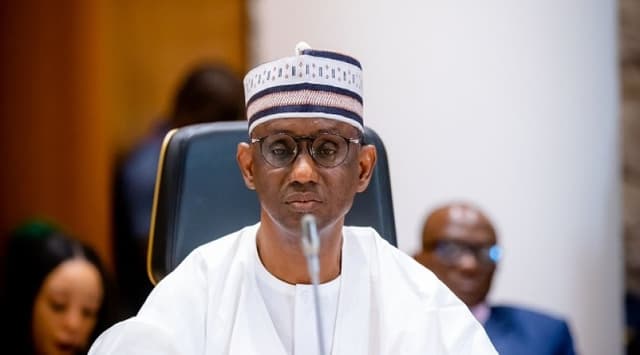

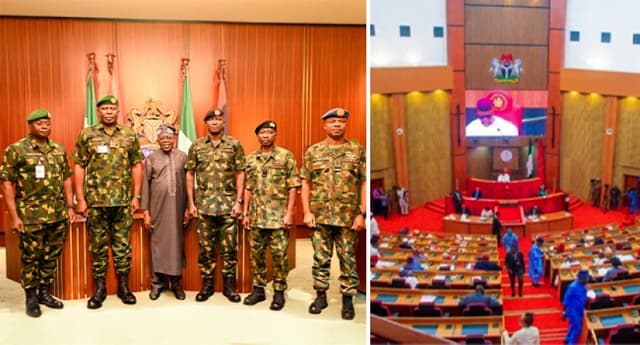
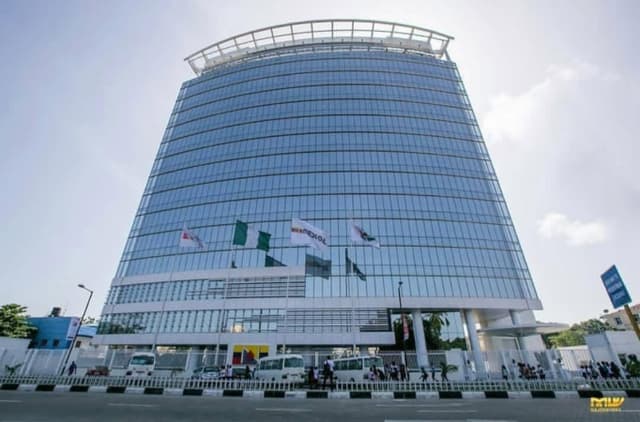

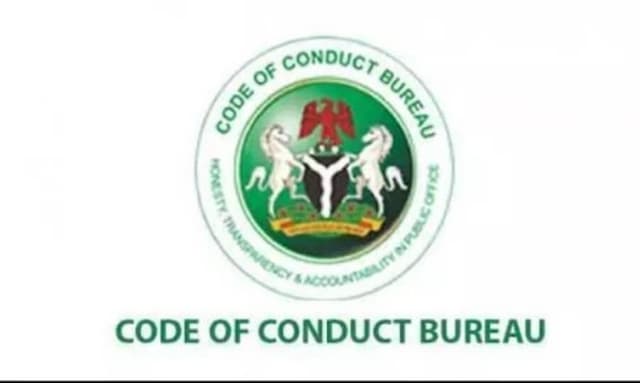








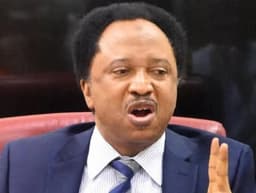
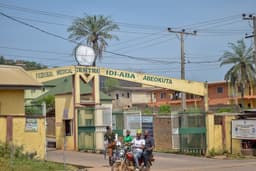


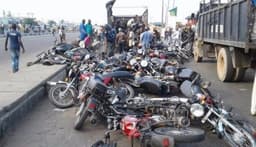
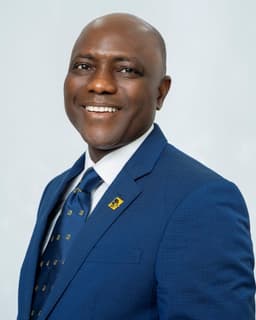
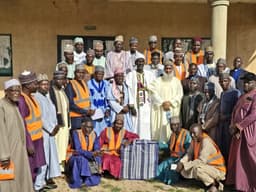
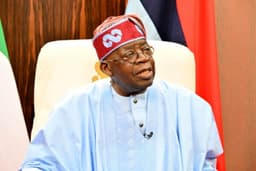

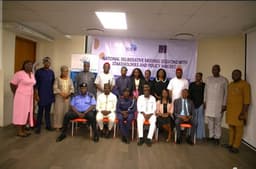
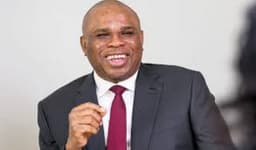


NEWS EXPRESS is Nigeria’s leading online newspaper. Published by Africa’s international award-winning journalist, Mr. Isaac Umunna, NEWS EXPRESS is Nigeria’s first truly professional online daily newspaper. It is published from Lagos, Nigeria’s economic and media hub, and has a provision for occasional special print editions. Thanks to our vast network of sources and dedicated team of professional journalists and contributors spread across Nigeria and overseas, NEWS EXPRESS has become synonymous with newsbreaks and exclusive stories from around the world.